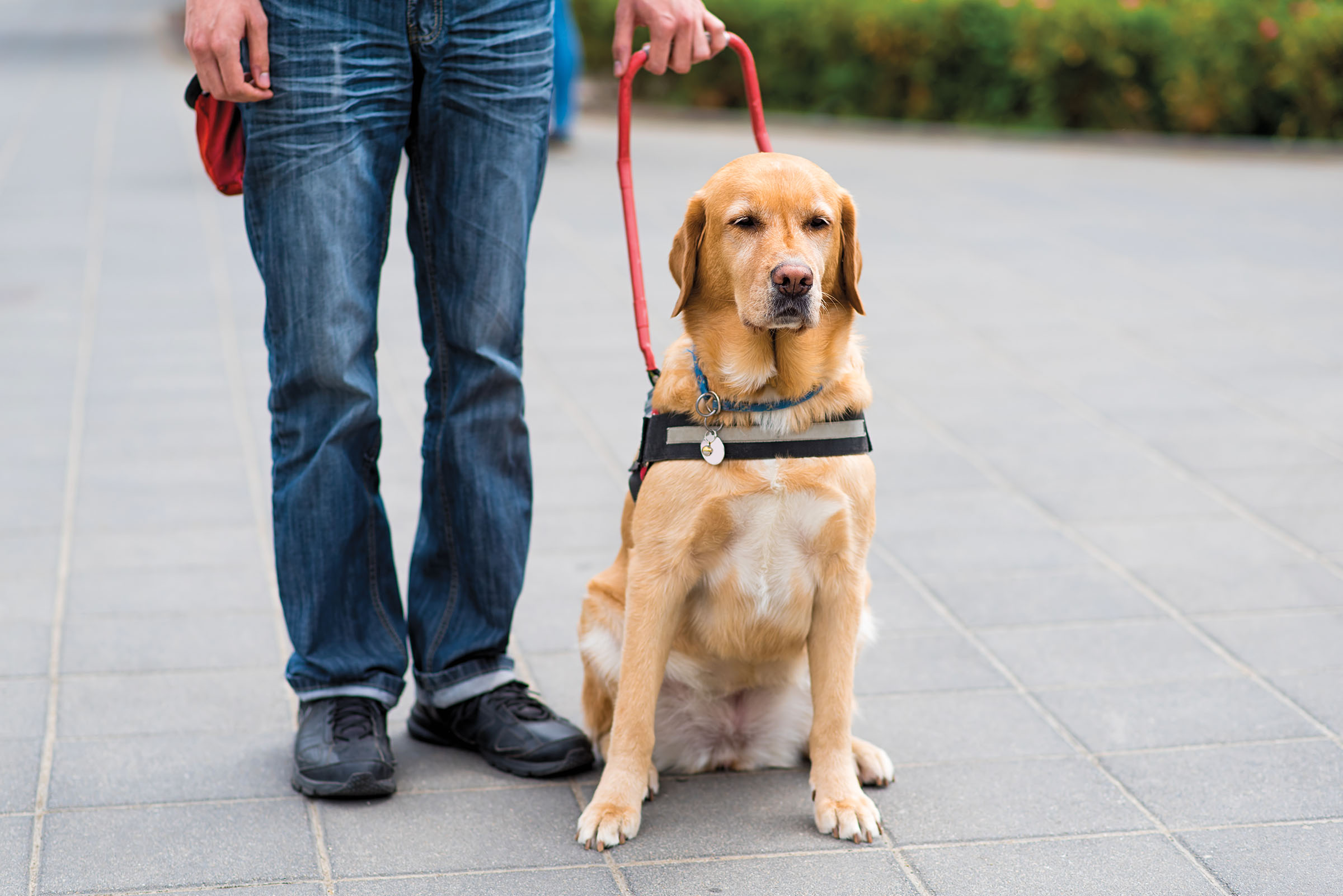The Transformative Role of Golden Retrievers in Empowering Individuals with Disabilities
Introduction
In the realm of disability, dogs have emerged as invaluable companions, providing physical and emotional solace. Among these canine allies, Golden Retrievers stand out for their gentle nature, unwavering loyalty, and exceptional abilities to adapt to the unique needs of people with disabilities. This essay will critically examine the multifaceted ways in which Golden Retrievers contribute to the well-being and empowerment of individuals with disabilities, delving into their diverse roles as service, therapy, and emotional support animals.
Service Animals: Enhancing Independence and Autonomy
Golden Retrievers are renowned for their unwavering dedication as service animals for individuals with physical disabilities. Their exceptional training enables them to perform a myriad of tasks, significantly enhancing independence and safeguarding the dignity of their human partners.
Mobility assistance is a cornerstone of service dogs' contributions. Golden Retrievers are adept at opening doors, retrieving dropped objects, and providing balance support. Their loyalty and attentiveness allow them to detect and alleviate pain or discomfort, ensuring a greater sense of security. For those with low vision, Golden Retrievers serve as trusted guides, navigating obstacles and providing constant companionship.
Therapy Animals: Soothing Solace and Reassurance
Beyond their physical assistance, Golden Retrievers have proven invaluable as therapy animals, offering emotional support and providing a calming presence. Their gentle demeanor and innate empathy make them ideal companions for individuals with mental health conditions, chronic illnesses, or those coping with trauma.
In therapeutic settings, Golden Retrievers foster a sense of calm and reduce anxiety. Their unconditional love and non-judgmental presence provide a safe and supportive space for individuals to share their emotions and work through challenges. In hospitals, they bring joy and respite to patients, offering a comforting distraction from medical procedures.
Emotional Support Animals: Unconditional Love and Companionship
Golden Retrievers also excel as emotional support animals (ESAs) for individuals with a wide range of disabilities, including those not traditionally eligible for service animals. Unlike service animals, ESAs do not require extensive training and can provide companionship and emotional support in various settings, including housing and healthcare facilities.
ESAs offer unwavering love and reduce loneliness, which is a common experience among individuals with disabilities. Their presence can alleviate stress, improve mood, and boost self-esteem. Moreover, ESAs promote socialization by facilitating interactions between individuals with disabilities and others, breaking down barriers of isolation.
Critical Analysis: Embracing Diversity and Addressing Limitations
While Golden Retrievers possess remarkable abilities to assist individuals with disabilities, it is essential to critically analyze the complexities of their roles. Some argue that over-reliance on service or therapy animals can impede the development of independent living skills. Additionally, the availability and access to these animals may vary based on socioeconomic status, raising concerns about equity and inclusivity.
It is crucial to recognize that Golden Retrievers are not a panacea for all disabilities. Their capabilities may be limited in certain situations, and it is essential to explore alternative forms of support. Additionally, it is vital to respect the boundaries of individuals with disabilities and their right to choose the best form of assistance that aligns with their needs and preferences.
Broader Implications of Empowering Individuals with Disabilities
The transformative impact of Golden Retrievers on the lives of individuals with disabilities has profound implications for our society as a whole. By fostering independence, enhancing emotional well-being, and promoting inclusivity, Golden Retrievers challenge societal perceptions of disability and empower individuals to live fulfilling lives.
The increased visibility of Golden Retrievers as service or support animals raises awareness of disability issues, reduces stigma, and encourages empathy. Moreover, the bond between these dogs and their human partners serves as a powerful reminder of the resilience of the human spirit and the boundless potential for compassion and understanding.
Conclusion
Golden Retrievers are indispensable allies in the lives of individuals with disabilities, empowering them to navigate challenges, embrace their potential, and lead fulfilling lives. Their unwavering loyalty, exceptional abilities, and unconditional love have a profound impact on physical, emotional, and social well-being.
While it is essential to critically analyze the complexities and limitations of using service, therapy, and emotional support animals, the transformative power of Golden Retrievers is undeniable. By fostering independence, providing solace, and promoting inclusivity, these dogs not only enhance the lives of their human partners but also inspire a more just and equitable society for all.
The History Of Cavalier King Charles Spaniels: From Royalty To Pet
Why Pembroke Welsh Corgis Are Great For Both Young And Older Owners
The Playful Personality Of Australian Mist Cats



